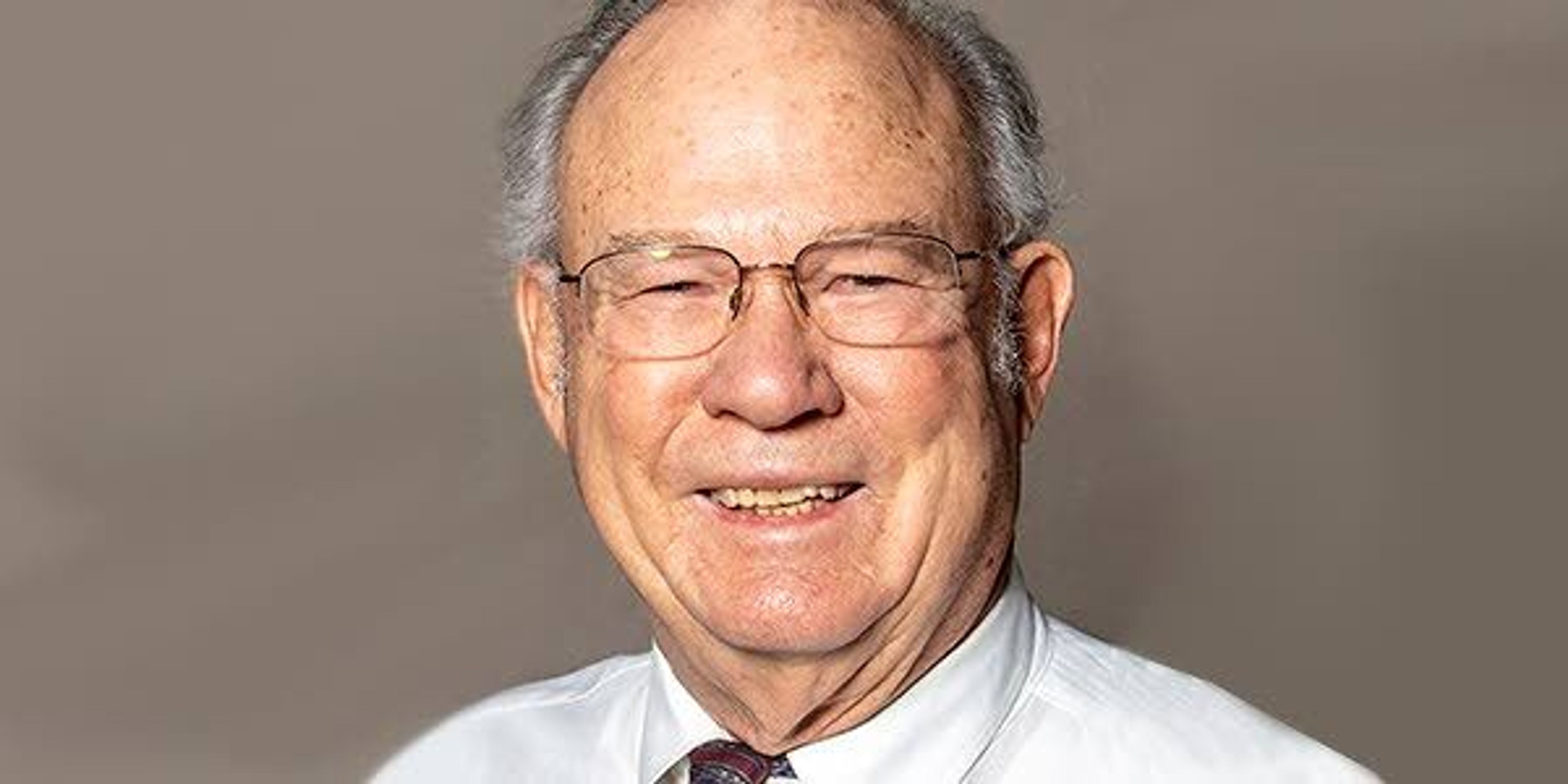OPINION: State lawmakers ignore funding pinch to small towns
Cheers & Jeers: The Tribune’s Opinion
JEERS ... to Sen. Cindy Carlson, R-Riggins, and Reps. Mike Kingsley, R-Lewiston, and Charlie Shepherd, R-Pollock.
As the Idaho Statesman’s Ryan Suppe reported last week, they’d rather turn a blind eye to the needs of small Idaho communities — including White Bird — than rely on federal help to repair or replace aging drinking water and wastewater treatment plants.
In White Bird’s case, Suppe described a community depending upon shipments of drinking water from Grangeville because one of two water wells is drying up. Federal aid secured the water and worked toward finding a new well.
It’s a situation replicated throughout much of rural Idaho. When the Association of Idaho Cities and Clearwater Financial surveyed 149 Idaho communities, they found $2.4 billion worth of needs for water and sewer projects. The pinch is greatest on smaller towns, which lack the property tax base and the economies of scale to cover the costs.
And few portions of Idaho are more rural than the district that elected Carlson, Kingsley and Shepherd.
Last year, Idaho secured $300 million in American Rescue Plan Act money toward meeting some of the need. Kingsley and Shepherd voted no. The other member of the region’s legislative delegation at that time — Sen. Carl Crabtree, R-Grangeville — voted yes. So did Sen. Robert Blair, R-Kendrick — as well as Reps. Lori McCann, R-Lewiston and Brandon Mitchell, R-Moscow.
But when a second infusion of ARPA money — $23 million — matched $92 million in state surplus earlier this year, north central Idaho’s reconfigured delegation largely stood opposed. Kingsley and Shepherd again voted no. Joining them were Crabtree’s replacement, Sen. Cindy Carlson, R-Riggins, and Blair’s successor, Sen. Dan Foreman, R-Moscow, as well as Mitchell.
Within the delegation, only McCann voted yes.
“We have the money, so why do we have to use federal money?” Kingsley told the Statesman. “I believe in Idaho’s independence and that we should be fiscally responsible and not dependent on the federal government.”
As a poor state with a sparse population, Idaho gets much more money back from Uncle Sam than it pays in federal income taxes. Besides, if state revenues are diverted toward public works, that leaves fewer resources for schools or even tax cuts.
Says Shepherd: Spending federal money isn’t worth the strings that are attached to it.
“They dangle it in front of you, like they’re really going to help you out, do you a favor until you start reading the fine print,” Shepherd told the Statesman. “It ends up being just a big disaster for the state, which, in the long run costs everybody that uses that money, time and effort.”
Funny how nobody minds about federal strings when it comes to highway projects.
When did ideological purity trump pure drinking water?
CHEERS ... to Lewiston-Nez Perce County Regional Airport Director Mike Isaacs and the regional airport board.
Monday, their efforts came to fruition as about 30 passengers boarded the inaugural Delta morning flight to Seattle. The daily flight departs Lewiston at 7 a.m. and returns at 9 p.m.
Not since Horizon Air left Lewiston in August 2018 has the community had direct access to the West Coast. Delta and United offer service to Salt Lake City and Denver, respectively.
“It’s been a long time in the making,” Isaacs said.
As the Lewiston Tribune’s August Frank noted, the flights are not subsidized by local, state or federal dollars — which you might expect given the dearth of flights available to many smaller communities across the country. Instead, people who follow the industry believe this is one time when growing competition is working to the consumers’ advantage.
For the moment, a round-trip ticket will cost you $169.
CHEERS ... to Rebecca Bratsman, of Boise, Idaho chapter coordinator for Mormon Women for Ethical Government.
Last week, her organization joined forces with people such as former Gov. C.L. “Butch” Otter, Republicans for Open Primaries, Veterans for Idaho Voters and Reclaim Idaho in backing Idaho’s Open Primary Initiative.
As the Idaho Capital Sun’s Clark Corbin reported in Thursday’s Tribune, two of its members — Margaret Kinzel and Amanda Stark — were making their way through Meridian neighborhoods last weekend to round up some of the more than 63,000 signatures needed to put the measure on next year’s general election ballot.
It’s a remedy to a decade-old system that has suppressed the vote of independents and disproportionately enhanced the influence of hyper-partisans.
“By functionally excluding a significant number of our citizens, this law has severely weakened democracy within out state,” Bratsman’s organization announced. Instituting a top-four primary in the spring followed by ranked-choice voting in the fall “seeks to unify rather than divide us. It aims to produce better leaders with broad support who are incentivized to serve the will of the people and not just a small slice of primary voters. In doing so, it will help foster cooperation and alleviate toxic polarization.”
This group represents a swing vote that has placed public schools and public health ahead of party loyalty. Don’t be surprised if this makes a difference.
CHEERS ... to Idaho Gov. Brad Little and House Majority Leader Megan Blanksma, R-Hammett.
Idaho’s anti-abortion Legislature has distinguished itself by:
Eliminating the Maternal Mortality Review Committee, which detailed how maternal deaths could be prevented. That puts Idaho in a class by itself.
Refusing to extend Medicaid coverage for 12 months of postpartum treatment. Only Iowa and Arkansas joined Idaho in making that decision.
As Audrey Dutton reported in Pro-Publica last week, Little is working to renew the Maternal Mortality Review Committee. He’ll face opposition from the Idaho Freedom Foundation.
Meanwhile, Blanksma — who helped kill the Medicaid postpartum extension this year — has pledged to correct the problem next year.
“We are working on a full package to introduce come January,” she said.
She’ll face opposition from Idaho Family Policy Center President Blaine Conzatti.
As Idaho House State Affairs Committee Chairperson Brent Crane, R-Nampa, told Dutton: “Idaho has some work to do. Be patient with us.”
In a state that claims to be pro-life, patience is wearing thin. — M.T.












